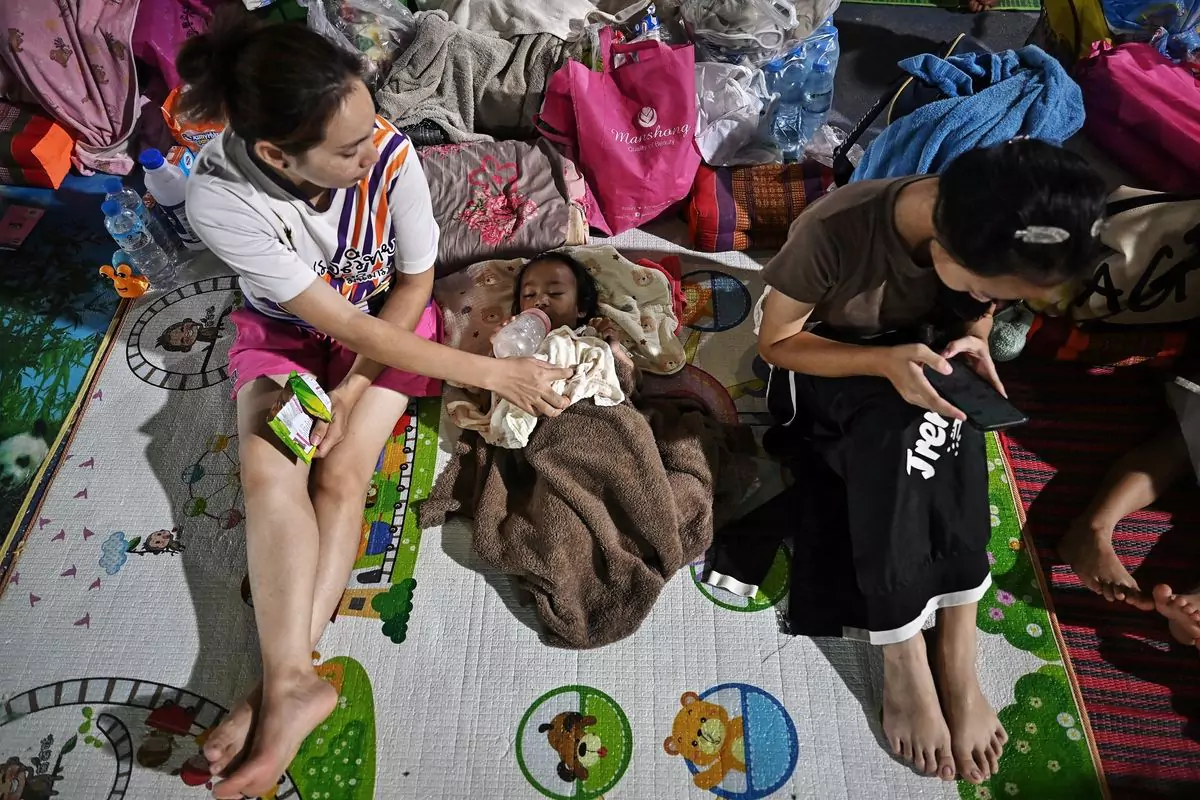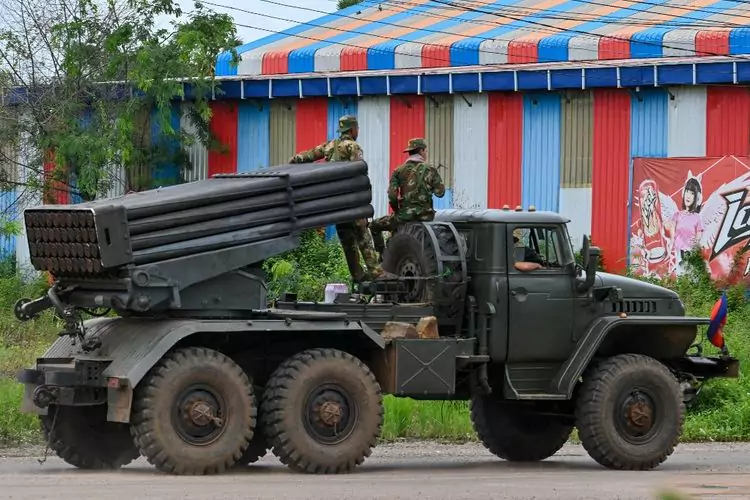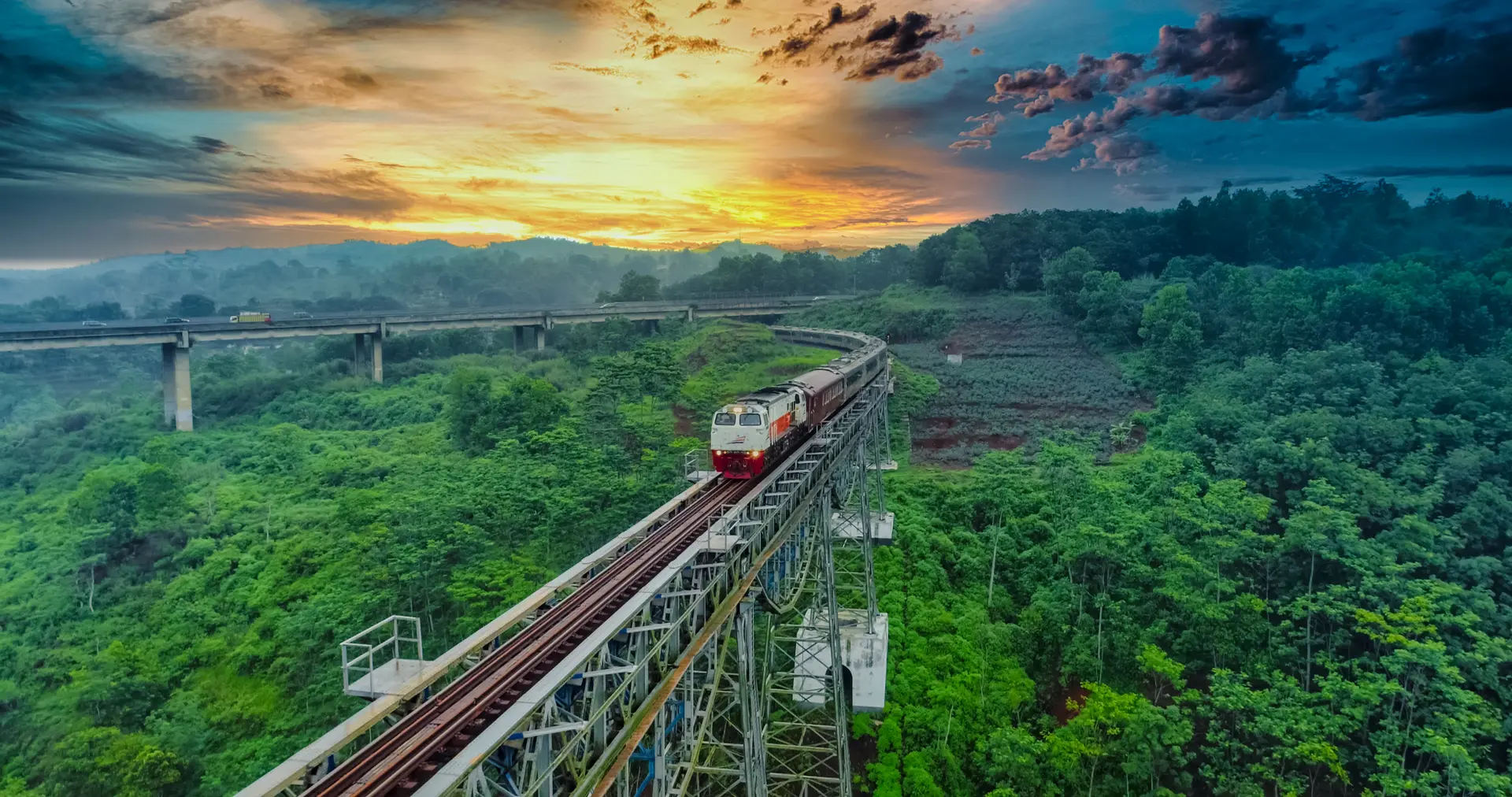KUALA LUMPUR (Balitoday.news/AFP) — Thailand and Cambodia will hold high-stakes peace negotiations in Kuala Lumpur on Monday (28/7/2025), mediated by Malaysian Prime Minister Anwar Ibrahim, as a deadly border conflict over ancient temple territories enters its fifth day. The clashes have claimed 34 lives and displaced over 200,000 civilians, marking the worst escalation between the Southeast Asian neighbors in over a decade.
The Battle for Sacred Ground
Acting Thai Prime Minister Phumtham Wechayachai and Cambodian Premier Hun Manet are scheduled to meet at 3 PM local time under ASEAN mediation. The conflict, reignited on 24 July, centers on the 11th-century Preah Vihear temple complex—a UNESCO World Heritage Site awarded to Cambodia in a 1962 ICJ ruling but still contested by Thailand.
On the Ground:
-
Military Escalation: Fighter jets, artillery duels, and tank battles have ravaged rubber plantations and rice fields along the 800-km border. AFP journalists in Cambodia’s Samraong reported artillery explosions within 20 km of civilian areas Sunday morning.
-
Civilian Exodus: “We fled with only our clothes,” said Maefah, 61, a Thai border resident now sheltering in Surin province. Over 138,000 Thais and 80,000 Cambodians have fled, per government data.
-
War of Narratives: Cambodia’s Defense Ministry accused Thailand of launching a “premeditated dawn attack” at 4:50 AM Sunday, while Thailand claims Cambodian forces fired first.
Global Pressure and Trump’s ‘Dealmaker’ Gambit
U.S. President Donald Trump inserted himself into the crisis Saturday, phoning both leaders to push for an “immediate ceasefire” while linking peace to trade deals. In a social media post, Trump threatened “high tariffs” if hostilities continue—a move analysts see as an attempt to leverage economic interests in the region, where China holds growing influence.
Key Statistics:
-
34 dead (21 Thai, 13 Cambodian, including civilians)
-
200,000+ displaced—the worst since 2011 clashes
-
3 ancient temples currently under dispute

ASEAN’s Credibility Test
The talks present a critical challenge for ASEAN, long criticized for its “non-interference” principle. Malaysia’s Anwar Ibrahim faces pressure to:
-
Secure a verifiable ceasefire
-
Address cluster bomb allegations (denied by Thailand)
-
Propose a joint archaeological commission to oversee disputed heritage sites
“This isn’t just about land—it’s about nationalism, historical grievances, and the failure of multilateralism,” said Dr. Thitinan Pongsudhirak of Chulalongkorn University. “ASEAN must choose between being a spectator or a peacemaker.”
What’s Next?
While both sides publicly endorse peace, trust remains shattered:
-
Thailand’s Foreign Ministry accused Cambodia of “bad faith” after alleged attacks on Surin villages.
-
Cambodia maintains Thailand uses “disproportionate force”, including banned munitions.
For now, displaced families like Maefah’s wait in makeshift camps, their futures hinging on Monday’s dialogue. As one Cambodian evacuee told AFP: “These temples survived empires and wars. Why can’t we?”
Why This Matters for Bali Readers:
While geographically distant, the conflict echoes Bali’s own cultural preservation challenges. The island’s subak system and temples like Besakih remind us how sacred landscapes can become political flashpoints without vigilant diplomacy.
By Giostanovlatto





